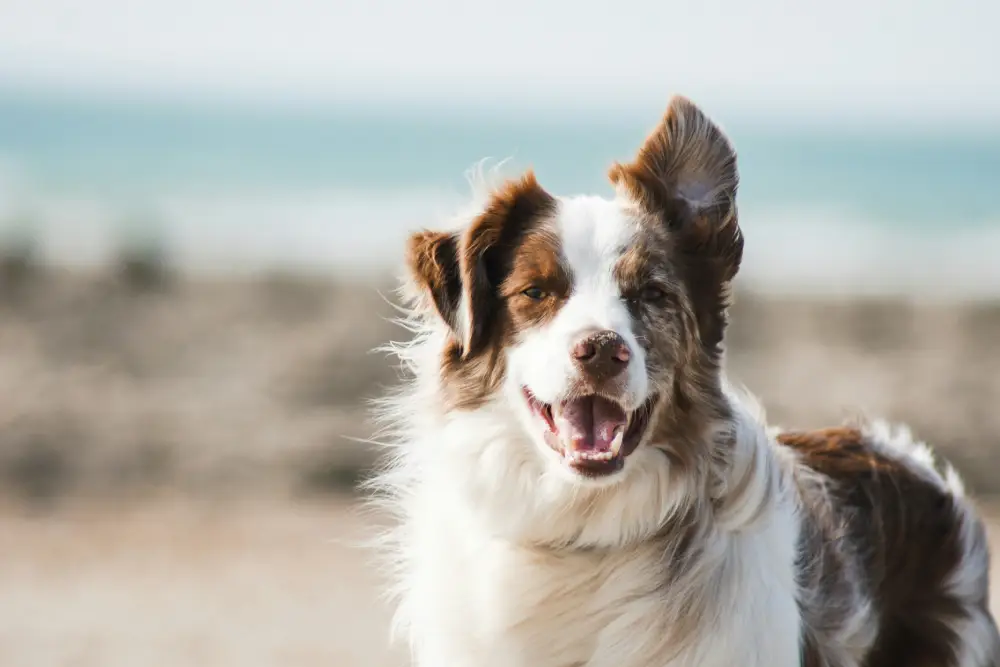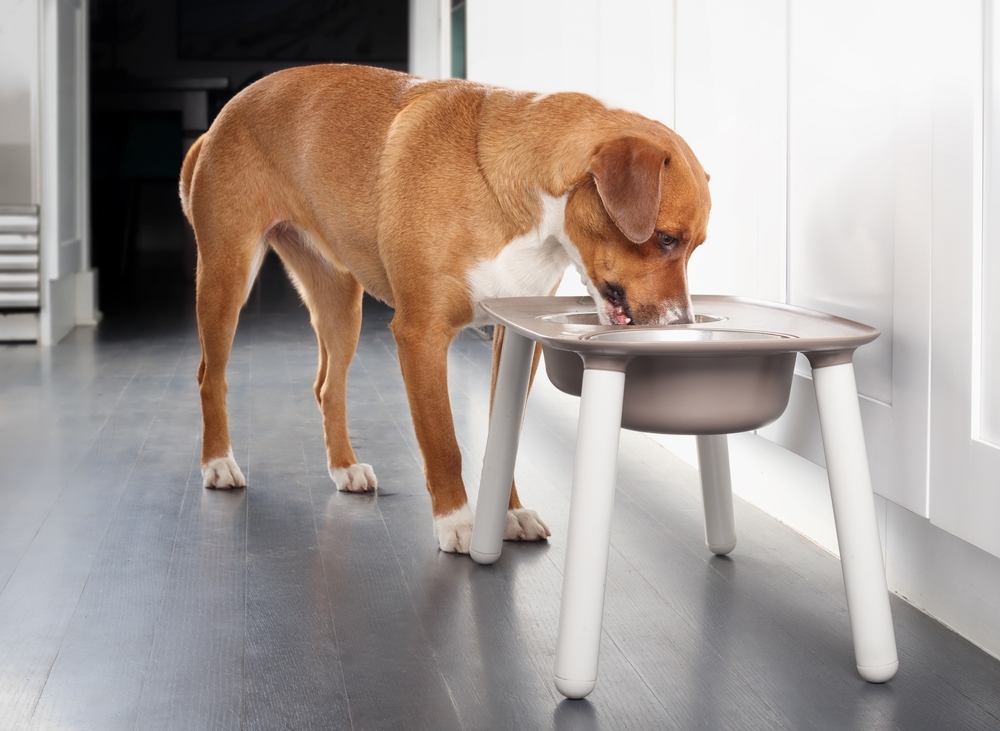
Best Foods For Diabetic Dogs and Cats
November 19th 2020
Diabetes can occur in all types of mammals but is more common if they are overweight or obese. When it comes to pets, typical signs to watch out for include drinking more, urinating more, increased appetite, weight loss, lethargy, vomiting or diarrhoea. If your dog or cat displays any of these symptoms, and you are concerned you may have a diabetic pet, we recommend consulting your vet.
When you have a diabetic dog or cat, their body’s ability to produce or respond to insulin is affected. Insulin is a hormone that is produced by special cells in the pancreas and is essential to maintain safe levels of blood glucose. A diabetic cat or dog has too much glucose in their bloodstream for prolonged periods of time, and that causes them to become unwell with serious consequences if it is not managed properly.
Fortunately, our Vet Know-how™ team is on-hand to give us a little advice on how diabetes in our pets can be managed with a combination of medication, routine, and an appropriate diet. Specialist diabetic dog food and diabetic cat food, along with diabetic dog treats and diabetic cat treats, are all now widely available.
Your diabetic pet’s diet is important
We know that owners like to show their love to their pets by giving them daily treats and titbits, but it is a sad reality for us veterinary professionals that a lot of the pets we see in practice are often overweight or obese. Unfortunately, obesity can lead to insulin resistance and puts cats and dogs at much higher risk of developing diabetes (as well as many other health conditions). Consequently, many of the diabetic pets we diagnose are overweight.
In practice, if your cat or dog is diagnosed with diabetes your vets will design a specific diabetic diet for them based on their individual needs and your lifestyle. Feeding them well and administering insulin are key.
For example, it’s often recommended that your diabetic dog or cat is fed just before giving them their daily insulin, which will drop their blood sugar levels. This means that by the time the gut absorbs the glucose from the food they have just eaten, the insulin will be at its peak levels and be most effective.
Diabetic cats and diabetic dogs have different nutritional needs from a pet who does not have these issues. Finding something your pet likes and feeding the same food, consistent portions at regular times will help.
What does a diabetic cat’s diet look like?
Diabetic cats need a diet that is low in carbohydrates and high in quality, easily digestible protein to help them lose weight. In rare cases diabetic cats’ diabetes has been reversed through following a special diabetic cat diet and losing weight. Vet’s Kitchen™ Ultra-Fresh Grain Free Chicken dry cat food is packed with a mouth-watering 60% fresh meat content and is available in calorie-controlled portions to help your pet reach their healthier weight.
What should a diabetic dog’s diet be?
As you might expect, a diabetic dog’s diet will differ to that of a cat! Low-fat foods that are high in complex carbohydrates and fibre are traditionally recommended. Often, weight loss diets are prescribed for diabetic dogs because they fit the key nutritional requirements and encourage healthy weight loss Vet’s Kitchen™ Light is a low-fat dog food that’s great for helping dogs reach and maintain their ideal weight and can form part of a diabetic dog diet.
It is 20% lower in fat than our Adult dry foods, includes high quality chicken plus additional natural ingredients to reduce hunger and promote the breakdown of fat. However, for some diabetic dogs, a lower carbohydrate, higher protein diet may be more suitable. The correct diet will depend on the individual dog and their vet’s advice.
“Since we started him on Vet’s Kitchen Light, Saxon has lost weight and he seems much more satisfied and less hungry.”Mark Wetton and his dog Saxon
For further information on diabetes in pets, including causes and types, check out our blog What Do I Need To Know About Diabetes or get in touch with one of our experts here.
Photo by Pauline Loroy on Unsplash

 Shop Dog
Shop Dog
 Shop Cat
Shop Cat
 Vet Know-how
Vet Know-how Contact
Contact


